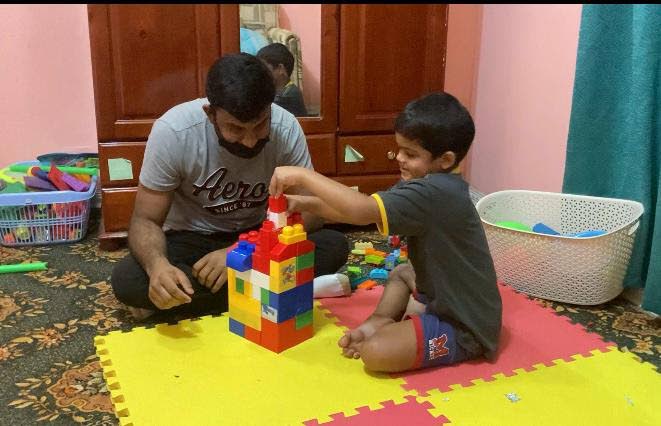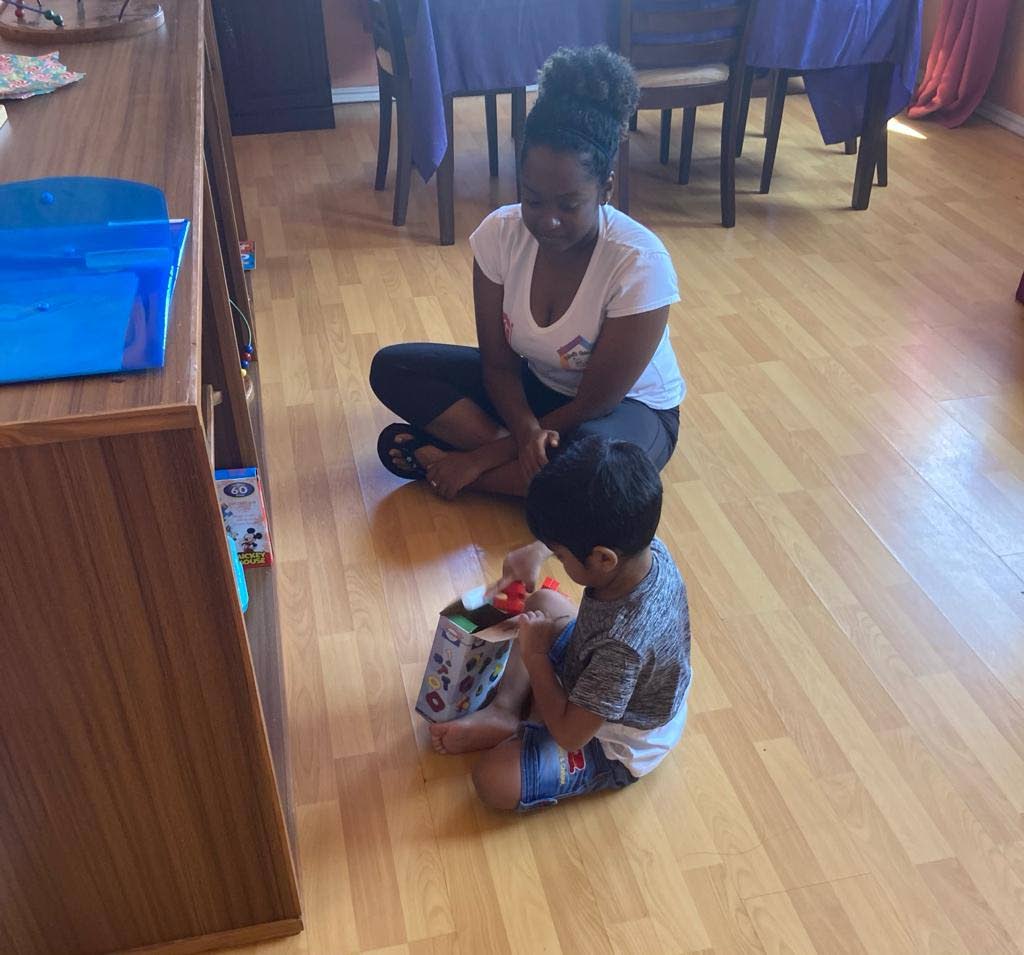Nurturing parent/teacher relationships

DR RADICA MAHASE
My nephew Rahul is now 19 years old. When he was growing up we had so many challenges finding a school for him that he actually only went to one school as a full-time student, and that was only for a few years. I remember how happy we were to finally find a school for him – he was already ten years old!
My best memory, though, was how happy we were to find a school for him where the teachers really understood him, where he was happy and safe.
During that time and the years that followed, his two main teachers, Alicia Bharath and Mitzy Sandy, went the extra mile to work with him. When we dropped him off on mornings, we knew that he was safe and comfortable. They maintained an open line of communication with us, always made the time to discuss anything related to him and treated us as close friends.
Back then, I didn’t realise how blessed we were to have teachers like them working with Rahul. It is only when I started liaising with other parents that I realised that the relationship we had with Rahul’s teachers, and our experiences with his school in general, were not the same as that of other parents/caregivers. I come across too many parents/caregivers who complain of teachers who do not understand their children’s special needs and who are not willing to work with their children.
There’s also the teacher’s side of the story, as many teachers complain of parents being in denial where their children’s levels of development are concerned. I see teachers who have to deal with behavioural issues that come from parents spoiling their children, rather than from the children’s special needs. Or cases where teachers are trying to work with the children, but parents are not reinforcing learning or behavioural patterns at home.
When there is a disconnect between parents and teachers, the children are the ones who are usually affected the most.
There is no doubt that positive parent/teacher relationships will benefit the child and decrease stress levels all around. Even when positive parent/teacher relationships develop naturally, it takes concerted effort from both parties to maintain these relationships.
Maintaining consistent communication is one of the most important aspects of any relationship, and it is no different in the case of parents and teachers.
Special-needs educator, Carlene Sharpe noted, “For me personally, it is all about strong communication skills. It is important to set up a plan so that parents and teachers can both be on the same page. It is important to keep each other updated.
"Teachers should...develop an individual educational plan, and recommend what will work best for the child.
"As educators, we have to be honest with parents; let them know about the child's behaviour, both positive and negative. "Parents, on the other hand, have to be honest with teachers about positive and negative behaviours.”
Jill Rockwell, a curriculum and instruction specialist, advises teachers to start building positive relationships with parents as soon as the child starts school. Teachers can share stories about the children, as parents appreciate hearing how their children are progressing not just academically, but also socially.
Rockwell notes that teachers should actively listen when they are interacting with parents and “consider the parents’ perspectives by trying to understand and appreciate the great responsibilities involved with parenting a child with a disability.”

Photo Courtesy - Rahul's Clubhouse - Rahul's Clubhouse
One mother, Alicia Thomas, noted, “I just want to know that teachers are looking out for my child, that they are willing to work with my child and that they are trying to understand him.
"I admit that sometimes I does feel bad to tell the teacher that my son having meltdowns often, because I really don’t want them to say, 'Don’t bring him back to school.' I know that he throws tantrums when he doesn’t get what he wants at home, but I don’t tell his teachers, that because I don’t want them to judge me.”
Geri Coleman Tucker, blogger at Asperger Ascent, advises parents to help the teacher get to know the child; be respectful of the teacher’s time; and recognise teachers’ efforts by complimenting them. Tucker says you should never talk negatively about the teacher in front of the child, as “showing your respect for a teacher will set a good example for your child.”
One parent with whom I interacted recently said “I admire my daughter’s teachers. They get her to do things that I can’t get her to do. She listens to them; she is happy with them.
"I don’t know how I would manage if my daughter did not have such committed teachers.
"So I make it my business to work hand-in-hand with them. If they tell me to do something at home with her, I try my best.
"I don’t always get through – especially if it’s to get her to write – but I still try because I see how hard they try.”
Ultimately, both parents and teachers want the best for the child and building positive relationships between the two can benefit the child.
Radica Mahase is the founder/director of Support Autism T&T


Comments
"Nurturing parent/teacher relationships"